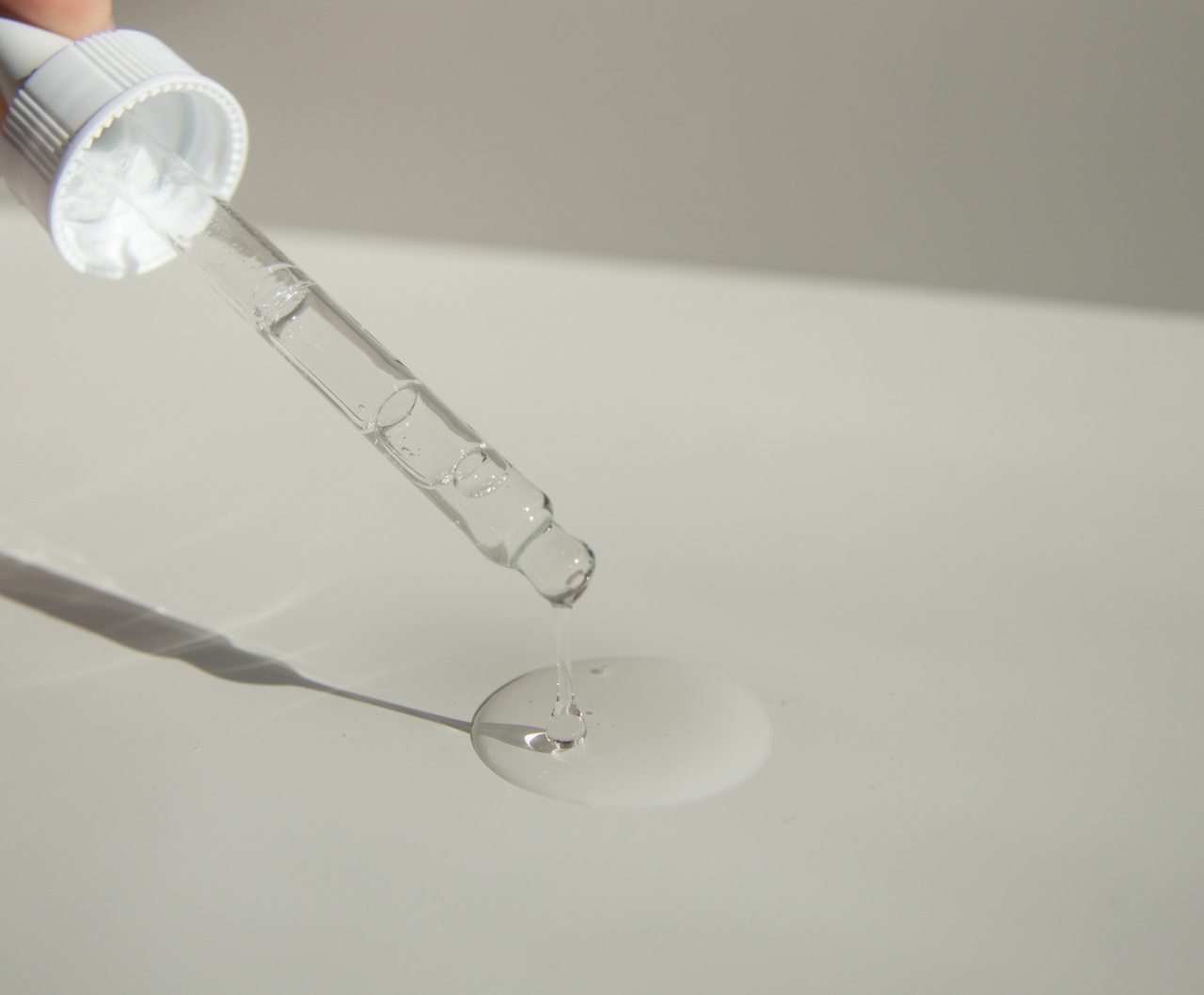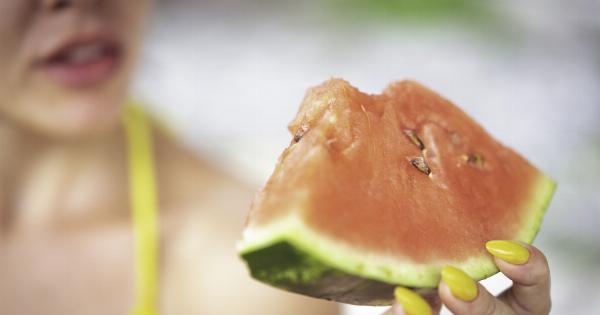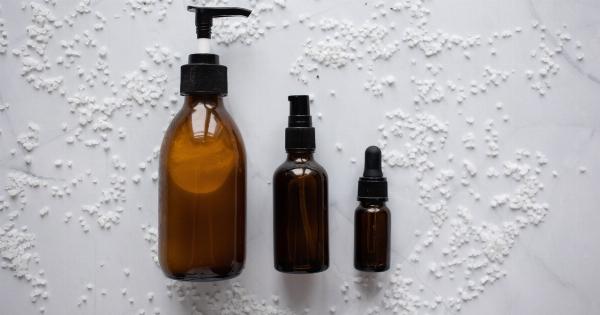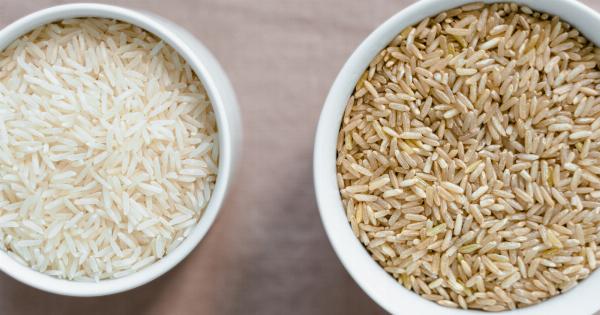As we age, our bodies undergo various changes that can impact our dietary needs. While it’s never too late to start eating healthy, making dietary changes can be especially important for people over 50.
In this article, we will discuss three essential dietary changes that can help promote a healthy aging process.
Increase Intake of Fiber-Rich Foods
Fiber is an essential nutrient that helps regulate digestion, prevents constipation, and supports healthy cholesterol levels. Unfortunately, many adults over 50 do not consume enough fiber in their diet.
According to the Academy of Nutrition and Dietetics, women over 50 should aim for at least 21 grams of fiber per day while men over 50 should aim for at least 30 grams of fiber per day.
To increase your intake of fiber-rich foods, add more fruits, vegetables, whole grains, and legumes to your meals. Some excellent sources of fiber include:.
- Apples, pears, and berries
- Broccoli, carrots, and spinach
- Brown rice, quinoa, and whole-wheat bread
- Beans, lentils, and chickpeas
Reduce Sodium Intake
Consuming too much sodium can lead to high blood pressure and increase the risk of heart disease and stroke. Unfortunately, many processed and packaged foods are loaded with sodium, making it challenging for adults over 50 to reduce their intake.
The American Heart Association recommends that adults over 50 consume no more than 1,500 milligrams of sodium per day.
To reduce your sodium intake, limit your consumption of processed and packaged foods and opt for fresh, whole foods instead. When cooking at home, use salt-free seasonings, herbs, and spices to add flavor to your meals.
You should also check nutrition labels on packaged foods and avoid high-sodium products as much as possible.
Increase Intake of Vitamin B12
Vitamin B12 is essential for maintaining healthy nerve function and producing red blood cells. Unfortunately, adults over 50 are at a higher risk of developing a vitamin B12 deficiency.
This is because the body’s ability to absorb the nutrient decreases with age.
To increase your intake of vitamin B12, consider incorporating more animal-based foods into your diet. Some great sources of vitamin B12 include:.
- Beef liver and clams
- Salmon and trout
- Eggs and dairy products
- Fortified breakfast cereals and nutritional yeast
Conclusion
Making dietary changes can be challenging, but it’s essential for promoting a healthy aging process.
By increasing your intake of fiber-rich foods, reducing your sodium intake, and adding more vitamin B12 to your diet, you can support your body’s needs and maintain a healthy lifestyle.





























